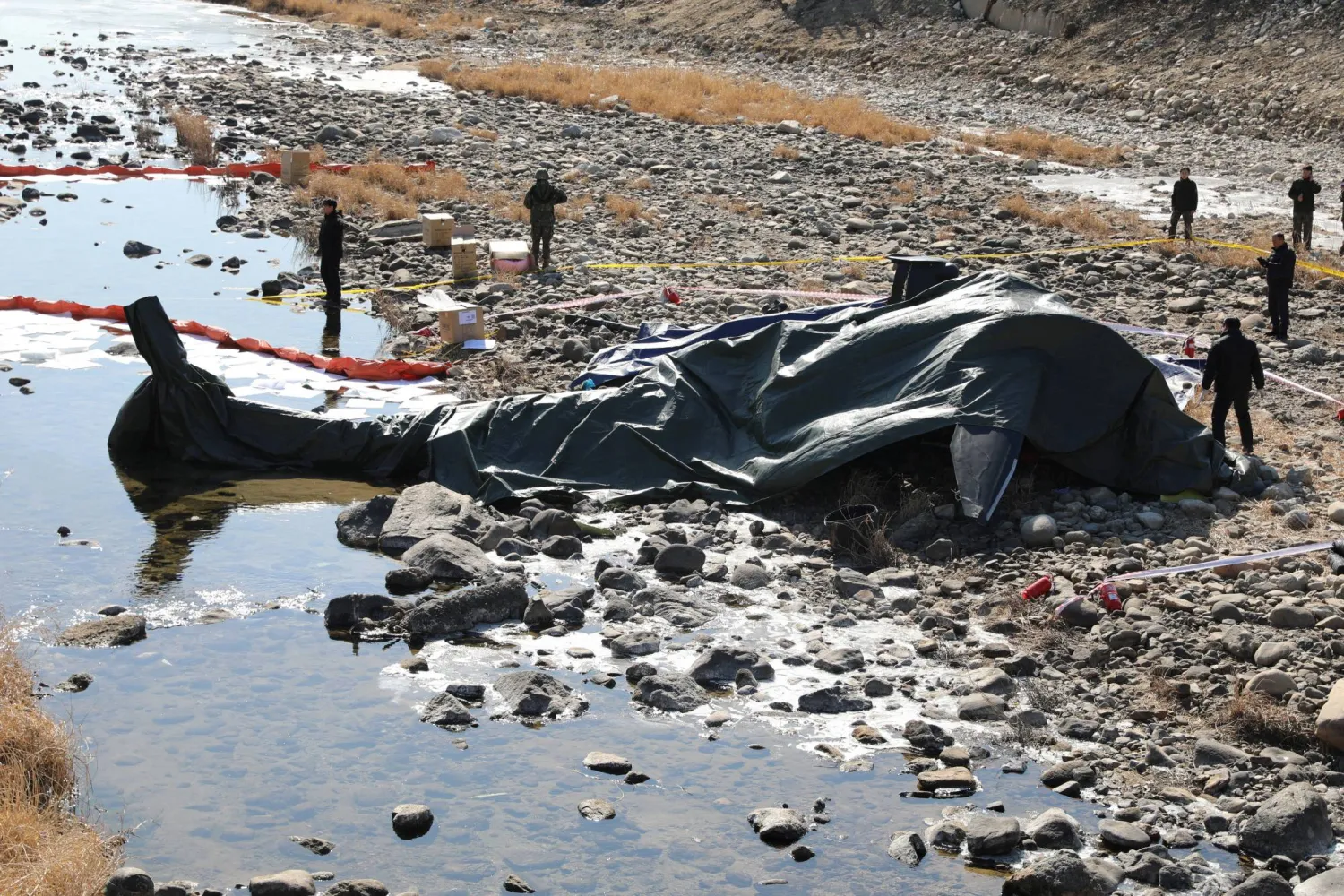China's foreign ministry on Thursday welcomed the US Secretary of State Antony Blinken's visit to China as tensions rise between the two countries over global trade, regional conflicts and the Russia-Ukraine war.
Blinken will depart on April 23 for a four-day trip to China, where he will meet with senior Chinese officials amid heightened tensions, including over China's alignment with Russia and aggressive moves against the Philippines in the South China Sea, Politico reported.
Blinken is also expected to raise US concerns that Beijing is helping Russia build up its defense industry to fight the war in Ukraine, Reuters said.
"China welcomes Secretary of State Blinken to visit China in the next few days," said Chinese foreign ministry spokesperson, Lin Jian, at a regular press briefing.
Blinken is visiting the world's second-largest economy to help smooth over recent strains, most notably after US President Joe Biden on Wednesday called for sharply higher tariffs on Chinese metal products.
"As a matter of principle, we have consistently demanded the United States earnestly respect the principles of fair competition, respect WTO rules, and immediately stop the trade protectionist measures aimed at China," Lin said.
Biden aides said the US president was proposing raising to 25% tariffs imposed by his predecessor Donald Trump on certain Chinese steel and aluminum products. The proposed higher tariff rate would apply to more than $1 billion worth of steel and aluminum products, a US official said. "China will take all necessary measures to protect its own legitimate rights and interests," Lin said.
China Foreign Ministry Welcomes Blinken's Visit to China as Tensions Simmer

US Secretary of State Antony Blinken (R) and Iraqi Deputy Prime Minister Muhammad Ali Tamim (L) arrive for remarks at the State Department April 15, 2024 in Washington, DC. Win McNamee/Getty Images/AFP

China Foreign Ministry Welcomes Blinken's Visit to China as Tensions Simmer

US Secretary of State Antony Blinken (R) and Iraqi Deputy Prime Minister Muhammad Ali Tamim (L) arrive for remarks at the State Department April 15, 2024 in Washington, DC. Win McNamee/Getty Images/AFP
لم تشترك بعد
انشئ حساباً خاصاً بك لتحصل على أخبار مخصصة لك ولتتمتع بخاصية حفظ المقالات وتتلقى نشراتنا البريدية المتنوعة







